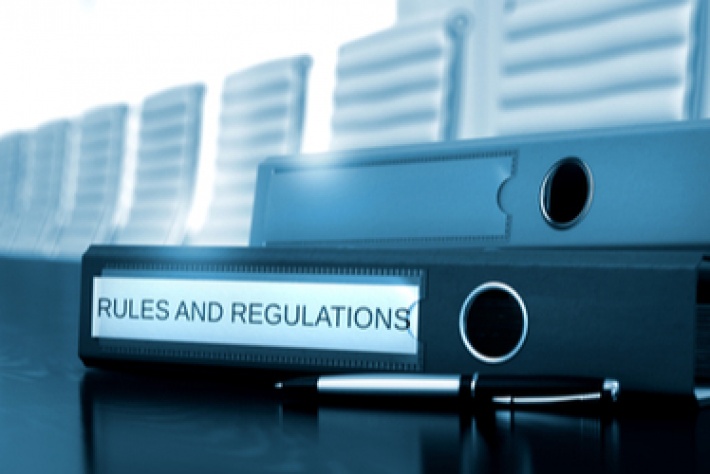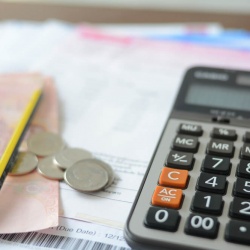Rules and regulations around business expenses for company directors and sole traders

Business expenses are categorised by HMRC as those incurred ‘wholly and exclusively’ for business purposes. They commonly include heat and light, rent, telephone, office costs, and vehicle-related expenses.
The rules and regulations for claiming expenses differ for sole traders and limited company directors. As a sole trader you are self-employed, whereas limited company directors may be employees of their company if they work under a contract of employment and receive a salary via PAYE.
Business expenses is a potentially complex area, which if mishandled, can quickly result in HMRC action – potentially an investigation or an official request to view the original documentation that supports your claim.
What are the rules for sole trader business expenses?
The tax rules allow expenses incurred wholly and exclusively for the business to be deducted from your trading income when you complete your tax return. These deductions effectively lower your tax liability, which is why HMRC operate strict rules around business expenses.
If you have an office set up in your home you may also be able to claim for the business proportion of your home working expenses – heat and light, for example. Some sole traders can use ‘simplified expenses’ whereby a flat rate is claimed for your home office and vehicle expenses based on the number of hours you work from home, and the number of business miles you travel.
Retaining your receipts or other proof of purchase for at least six years is crucial given that HMRC may request them at any time to support your deductions. If they believe you have claimed too much, they will investigate further and may increase your tax liability.
Which business expenses are allowable for sole traders?
- Office expenses including stationery, printer ink, paper, postage and packing costs
- Business insurance such as Professional Indemnity and Public Liability
- Marketing and advertising
- Costs of employment
- Business-related vehicle costs (proportioned appropriately if the vehicle is also used for private purposes)
- Business travel
- Rent and other office or premises expenses
- Professional fees, such as the cost of hiring an accountant
- Work wear, uniforms, and protective clothing for work
- Business-related subscriptions
- Stock/raw materials, and direct costs arising from production
You cannot claim for personal expenses or items such as parking fines, childcare, entertaining clients, or training courses that are not related to your work. These types of claim are likely to be questioned by HMRC, and an adjustment made to the amount of tax owed.
Rules and regulations for company director business expenses
To claim tax deductions on business expenses as a company director, items must again be purchased wholly and exclusively for business use. If contracts are taken out in the name of the company - for mobile phones or tablets, for example - you can claim 100% of the expense.
It is also worth knowing that should you pay for business-related goods using personal funds, this money can be reclaimed from your business bank account but you must retain the original receipt/proof of purchase for six years.
What business expenses can you claim as a company director?
You can claim similar business expenses as sole traders, including office costs, business insurances, subscriptions, and accountancy fees.
- Pension contributions
You can deduct contributions made to your company pension scheme as a director – this is one of the advantages of setting up a business as a limited company.
- Renting a home office
If you have a home office, as a limited company director you can set up a rental contract with your company. This is advantageous in that it allows a proportion of your mortgage interest and council tax to be charged to the company. It is also possible to claim a flat rate of £4 per week for your home office expenses without providing receipts to HMRC.
Business expenses can be complicated, and accurate record keeping is essential to remain compliant with the rules and regulations. We can help you find a qualified and experienced accountant in your local area who can clarify the rules and regulations as they apply to your own business, ensuring you remain fully compliant.
Handpicked Accountants have developed longstanding professional relationships with accountants around the country. Please call one of our expert team for further information.


